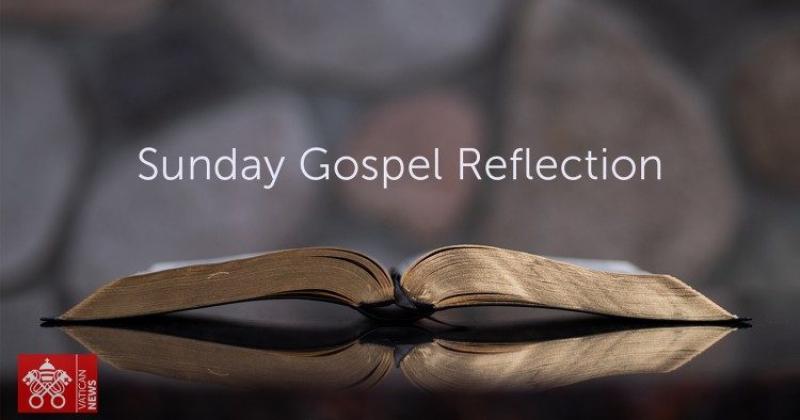The Gospel of Matthew’s “Sermon on the Mount” is a parable for us of the transfiguration of Jesus as God’s Word to the world. It is a manifestation of God’s Holy Face singularly made flesh in its Jewishness.
All manner of interpretation of the blessing that attends the poor in spirit has been postulated from its roots in Israel’s covenant with YWYH until now.
The English translation of Albert Gelin’s The Poor of Yahweh (1964) appearing after Vatican II needs re-commending for our right understanding the Beatitudes. Gelin’s insights are eternal and never out-of-print.
‘Poor and needy’
The Scripture scholar Barnabas Ahern guides our reading: Gelin’s text treats “of the ‘anawim, ‘the poor and needy,’ who rise out of the pages of the Old Testament as the true people of God. The pattern of their holiness forms the blueprint for the Scriptural portrayal of the great saints of Israel: Moses, Samuel, Jeremiah, Anna, and Judith. The voice of the ‘anawim is resonant in the prayerful pleading of the songs of the Psalter. Their spirit fills the souls of the holy ones in the New Testament: Joseph and Mary, Zachary, and Elizabeth. The Matthean form of the Beatitudes described and codified the ‘anawim model of holiness as the ideal of Christian character.”
“God has never blessed physical misery. Through the prophets and apostles, through the messianic mercy of God’s own Son, God worked always to save us from the blight of hunger, nakedness, and disease.” “Only when we hold our hearts open to God and our hands widespread to our neighbor are we truly poor in spirit. Only when our eyes turn to the Lord and are alert to the cry of the needy, is the Church of Christ today, as it was in the beginning, the Church of the ‘anawim.” (pp. 6-8)
Kingdom of heaven is within you
Free yourself from self-interest; it is a luxury to take so much care of yourself. While old age will speak to you of birth, and death of resurrection, time will seem like a little fold on the greatness of eternity: you will judge all things according to their eternal values.
If you love the kingdom of heaven with true love, you will rejoice because your intelligence is at a loss before things divine and you will try to believe better.
If your prayer is stripped of tender emotions, you will know that God does not reach you through your feelings.
If you are without great courage, you will rejoice that you are ready for hope.
If you find that people bore you and that your heart is breaking, you will be happy that you possess within you charity that cannot be perceived.
When you are stripped of all things, you will not longer be able to see the world as anything more than a pillaged house, yourself as but an indigence without any façade, then you will know the shadowed eyes as they open in the center of your soul, now fixed on things ineffable, because the kingdom of heaven is within you. (“The Gate of the Kingdom” by Madeleine Delbrel, in Études carmélitaines, 1947: 185-187 quoted by Galin: 124-125)
